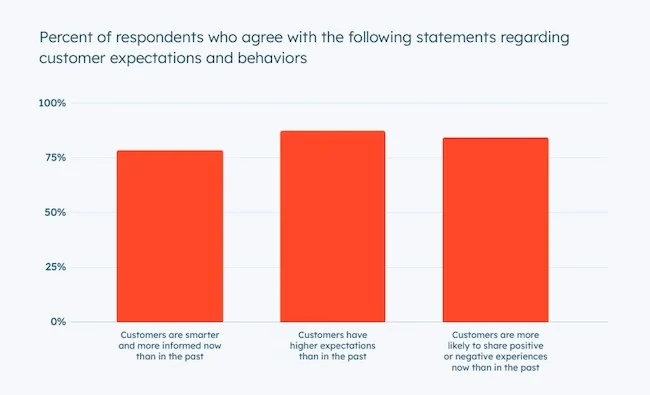Technology for Small Businesses: Essential Tools for Growth and Efficiency

In today’s fast-paced digital world, leveraging technology is essential for small businesses to stay competitive, improve efficiency, and scale effectively. Whether it’s automating daily tasks, streamlining communication, or enhancing customer experiences, the right tools can make a significant impact. Here are some essential technologies every small business should consider.
1. Customer Relationship Management (CRM) Software
CRM tools help businesses manage customer interactions, track leads, and improve sales processes. Popular CRM platforms include:
- HubSpot – User-friendly and great for small businesses
- Salesforce – Robust features with advanced customization
- Zoho CRM – Affordable and scalable
2. Accounting and Financial Management Software
Managing finances effectively is crucial for business success. These tools help track expenses, send invoices, and manage payroll:
- QuickBooks – Industry leader in small business accounting
- FreshBooks – Easy-to-use with invoicing features
- Wave – Free accounting software for small businesses
3. Project Management and Collaboration Tools
To keep teams organized and projects on track, consider using:
- Trello – Visual task management with drag-and-drop functionality
- Asana – Task automation and team collaboration
- Monday.com – Customizable workflows for businesses of all sizes
4. Communication and Video Conferencing Platforms
Effective communication is key for remote teams and customer interactions:
- Slack – Instant messaging and file sharing for teams
- Microsoft Teams – Integrates with Office 365 for seamless collaboration
- Zoom – Reliable video conferencing for virtual meetings
5. E-commerce and Point of Sale (POS) Systems
For businesses selling products online or in-store, these platforms streamline transactions:
- Shopify – User-friendly e-commerce solution
- Square – POS system with built-in payment processing
- WooCommerce – WordPress plugin for online stores
6. Digital Marketing and Social Media Management
Marketing technology helps businesses grow their online presence and attract customers:
- Canva – Easy-to-use graphic design tool
- Hootsuite – Social media scheduling and analytics
- Google Analytics – Website performance tracking and optimization
7. Cloud Storage and File Management
Storing and sharing files securely is essential for collaboration and data protection:
- Google Drive – Cloud storage with easy sharing options
- Dropbox – Secure file storage and backup solutions
- OneDrive – Microsoft’s cloud solution with Office integration
8. Cybersecurity and Data Protection
Small businesses are vulnerable to cyber threats, making security tools a necessity:
- Norton Small Business – Comprehensive cybersecurity protection
- LastPass – Password manager for secure logins
- Cloudflare – Website security and performance optimization
9. Automation and AI Tools
Automating repetitive tasks saves time and increases efficiency:
- Zapier – Connects apps and automates workflows
- ChatGPT – AI-powered customer support and content generation
- Mailchimp – Email marketing automation for targeted campaigns
10. HR and Employee Management Software
For businesses managing employees, these tools streamline HR processes:
- Gusto – Payroll, benefits, and HR management
- BambooHR – HR software for small and medium-sized businesses
- TimeCamp – Employee time tracking and productivity monitoring
Conclusion
Technology can transform how small businesses operate, making them more efficient, scalable, and profitable. By investing in the right tools, businesses can automate tasks, enhance customer relationships, and improve overall productivity.
Ready to implement these tools in your business? Start with one or two and gradually integrate more as your business grows!






Responses